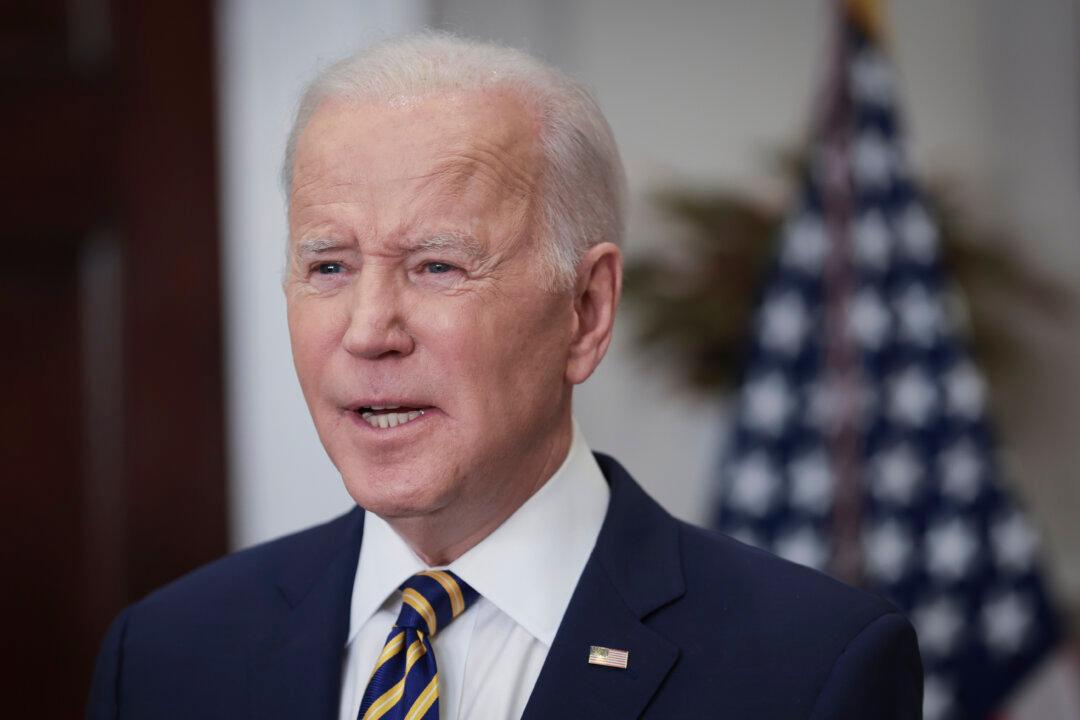A coalition of groups on March 8 urged President Joe Biden’s administration to end the pause on student loan payments, arguing the policy is costing taxpayers billions of dollars each month.
“The moratorium is fundamentally unfair and is a special favor for affluent elites at the expense of low- and middle-income Americans,” the Americans for Tax Reform, FreedomWorks, and other groups wrote to Education Secretary Miguel Cardona.





